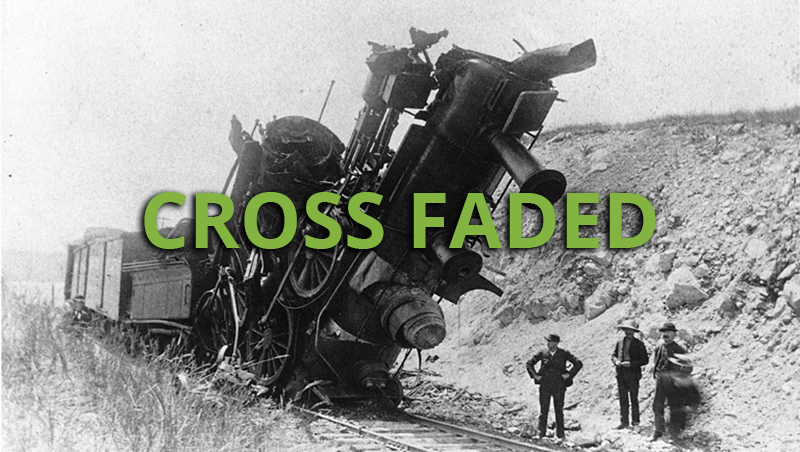-

Slang squad! It’s time for some tea, fam — we’re going all out on another roll-call, and this time we’re focusing on the dankness that is Millennial slang. Recently, we’ve been scoping plenty of sketches and songs that are trying to yeet in this kind of slang left and right, often to great comedic effect. […]
Read more
-

Suh, fam? Today we’re diving deep with some of the most lit terms from 2017. Be warned: some of these terms have been around since before MMXVII, but our Slang.org experts have made sure to include only words that have either had a revival or are at least relevant to current slang-biosphere. On this year […]
Read more
-

Ay-up, ladies and gents: it’s time for a British Slang roll-call! Today we’ll be visiting our neighbors across the pond here at Slang.org to give you a deep dive into the countries most enticing jargon. Remember to always show respect and not to do terrible accents (unless you’re quite smashing at it, mate). Below you’ll […]
Read more
-

It’s time for more marijuana slang! With all the recent news about cannabis legalization, we want you all equipped with the hip hemp lingo. It appears the part one of the article has made it around the circle, and it’s your turn with the second installment. Remember: read-read-pass, so share this article with another budding […]
Read more
-

Pack a bowl, roll a joint and prepare your mind for some Mary Jane related slang. We here at Slang keep a healthy relationship with all herbs and with all the recent news about cannabis legalization, we thought we would explore the vernacular. Now you can finally know what all your stoner friends are saying […]
Read more
-

From the election of Ronald Reagan to the fall of the Berlin Wall, the 80’s (AKA the Eighties) was an era of popularizing slang. This decade saw the advent of MTV, Valley Girl culture, and TV hits like the Simpsons; of course it’s vernacular was going to explode. Here’s a list of the oddest or […]
Read more










